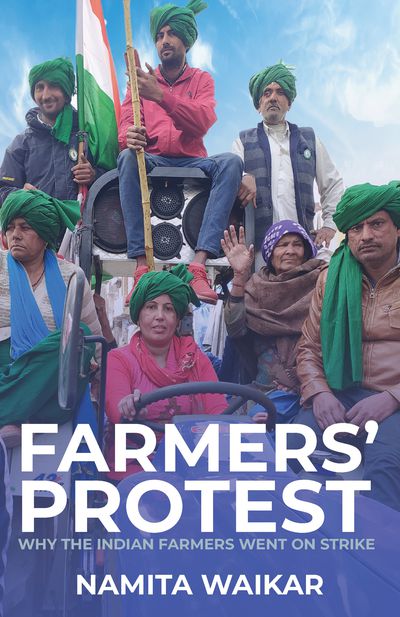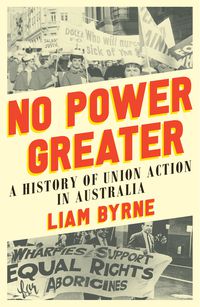Farmers' Protest
Why the Indian Farmers went on Strike
Namita Waikar
Ebook
Member discount
As an MUP member you get 40% off the RRP of all print books.
Member discount
As an MUP member you get 40% off the RRP of all print books.
Member discount
As an MUP member you get 100% off the RRP of all print books.
Member discount
As an MUP member you get 25% off the RRP of all print books.
Member discount
As an MUP member you get 25% off the RRP of all print books.
Member discount
As an MUP member you get 25% off the RRP of all print books.
Member discount
As an MUP member you get 40% off the RRP of all print books.
Member discount
As an MUP member you get 10% off the RRP of all print books.
Member discount
As an MUP member you get 40% off the RRP of all print books.
Other formats available
- Paperback
$36.99$27.74$36.99$27.74$36.99$27.74$36.99$33.29 $36.99
Farmers' Protest
Why the Indian Farmers went on Strike
Namita Waikar
The first responders to India's climate challenges
Under colonial rule in India in 1917, Mohandas K Gandhi led a satyagraha alongside local farmers in Bihar, resulting in what would become the non-violent movement for India's independence. More than a century later, one of the largest non-violent farmers' protests in recent world history took place in New Delhi. The unrest began in Punjab and Haryana in June 2020 and reached India's capital city in November 2020. By January 2021 hundreds of thousands of farmers and farm labourers demonstrated against three draconian farm laws passed at the height of the COVID-19 pandemic. The farmers' protest continued until the Indian Government finally relented and withdrew the laws
Most people living in towns and cities in India today have been cut off from their rural roots. They know little about how their food reaches them from farm to table. They know even less about the lives of the farmers and farm…
Under colonial rule in India in 1917, Mohandas K Gandhi led a satyagraha alongside local farmers in Bihar, resulting in what would become the non-violent movement for India's independence. More than a century later, one of the largest non-violent farmers' protests in recent world history took place in New Delhi. The unrest began in Punjab and Haryana in June 2020 and reached India's capital city in November 2020. By January 2021 hundreds of thousands of farmers and farm labourers demonstrated against three draconian farm laws passed at the height of the COVID-19 pandemic. The farmers' protest continued until the Indian Government finally relented and withdrew the laws.
Most people living in towns and cities in India today have been cut off from their rural roots. They know little about how their food reaches them from farm to table. They know even less about the lives of the farmers and farm labourers who produce this food. Farmers' Protest tries to bridge this gap as it narrates why Indian farmers were compelled to resist, and how they are the first responders to the challenges created by climate change.
Ebook
Member discount
As an MUP member you get 40% off the RRP of all print books.
Member discount
As an MUP member you get 40% off the RRP of all print books.
Member discount
As an MUP member you get 100% off the RRP of all print books.
Member discount
As an MUP member you get 25% off the RRP of all print books.
Member discount
As an MUP member you get 25% off the RRP of all print books.
Member discount
As an MUP member you get 25% off the RRP of all print books.
Member discount
As an MUP member you get 40% off the RRP of all print books.
Member discount
As an MUP member you get 10% off the RRP of all print books.
Member discount
As an MUP member you get 40% off the RRP of all print books.
Other formats available
- Paperback
$36.99$27.74$36.99$27.74$36.99$27.74$36.99$33.29 $36.99









